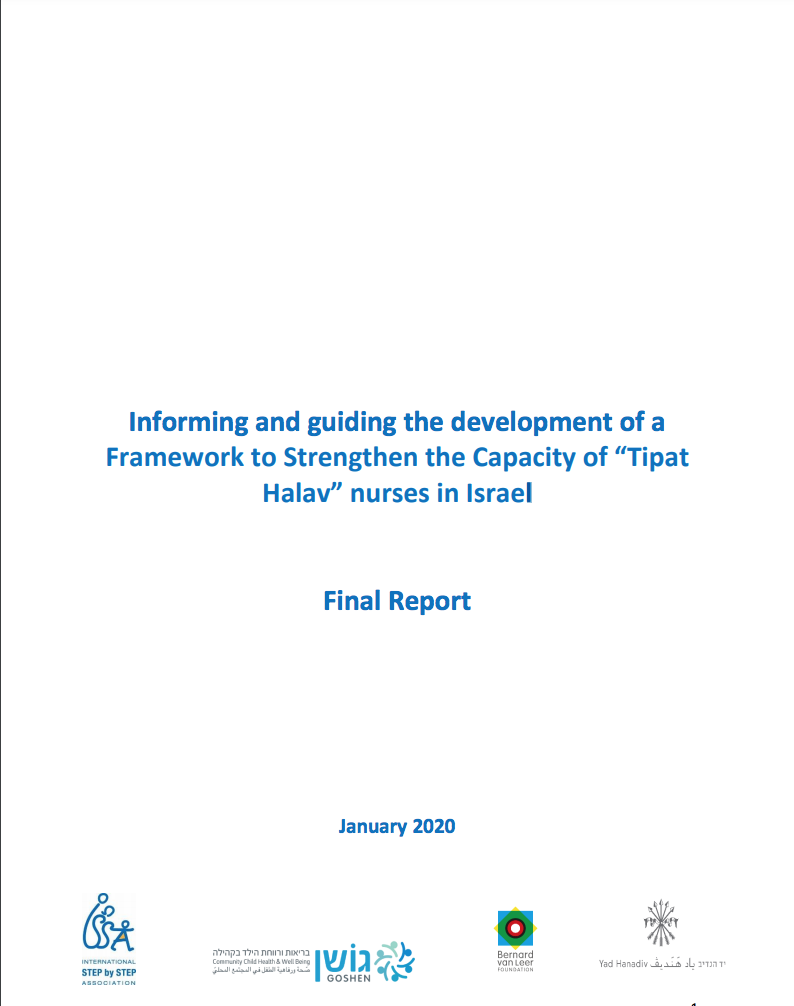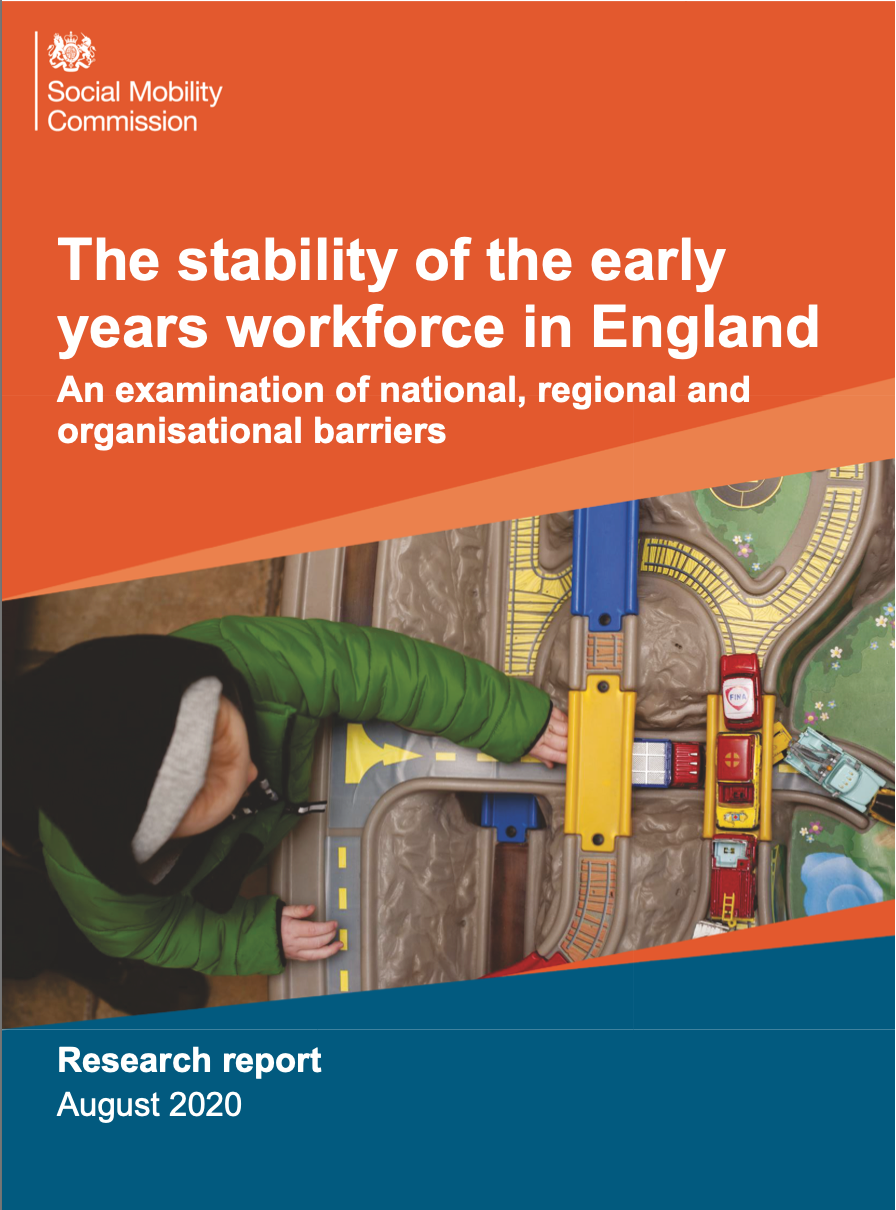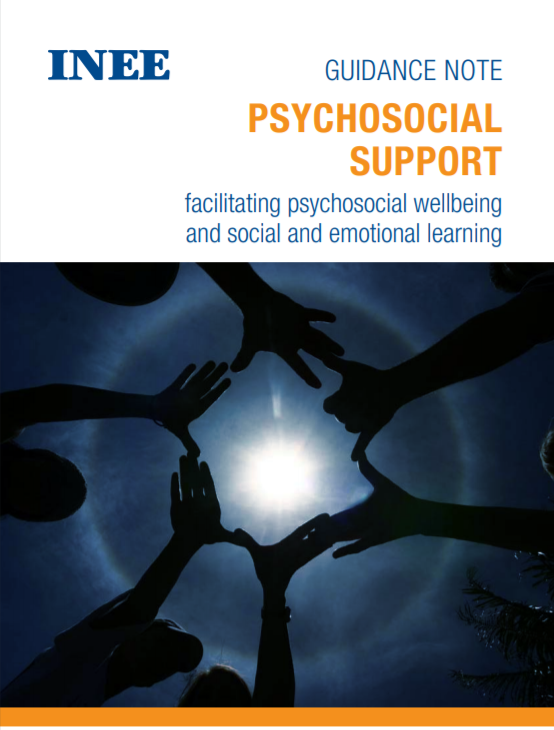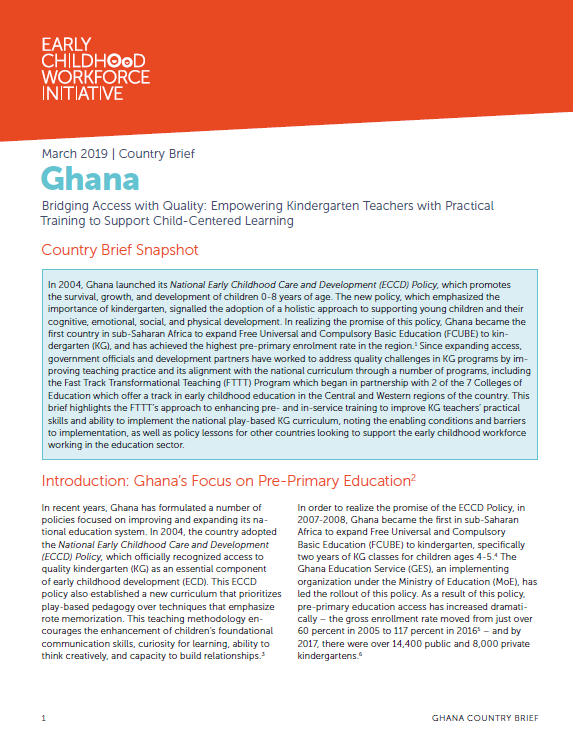Informing and guiding the development of a Framework to Strengthen the Capacity of “Tipat Halav” nurses in Israel

Informing and guiding the development of a Framework to Strengthen the Capacity of “Tipat Halav” nurses in Israel is a qualitative research study on behalf of Goshen Institute, with the overall objective to generate in-depth data that unveil effective processes and strategies which need to be in place in order to achieve a practice-change among Parent and Child Health ("Tipat Halav") nurses in Israel. Specifically, the study, which is part of a larger initiative pursued by Bernard Van Leer Foundation, the Rothschild Foundation Foundation and Israel’s Ministry of Health, aimed at mapping:
- the strategies and processes that need to be in place in order to successfully achieve a practice-change among nurses in working with parents;
- the common elements among successful programs;
- the barriers and challenges in program implementation.
Interviews with 9 training providers and practitioners from across 6 countries, highlighted the complexity of the field and of nurses’ role and revealed the necessary knowledge, skills and attributes that effective nurses should possess. In addition, the interviews revealed the key challenges faced by the profession, the professionals and the training programs, as well as the success factors and recommendations about how challenges can be tackled. Research results highlight that practice-change is inseparably linked to the system in which practitioners operate and that in order for practice change to be achieved it is important to recognize the importance of the field as well as the uniqueness of this field. Thus, interviewees highlighted the need to focus on the social aspects of health and move beyond hospital-oriented practices and theory as well as the need for more innovative, practice-based approaches and experiential learning and for common standards of practice and common standards among training providers.
Year of Publication:2020
www.issa.nl










